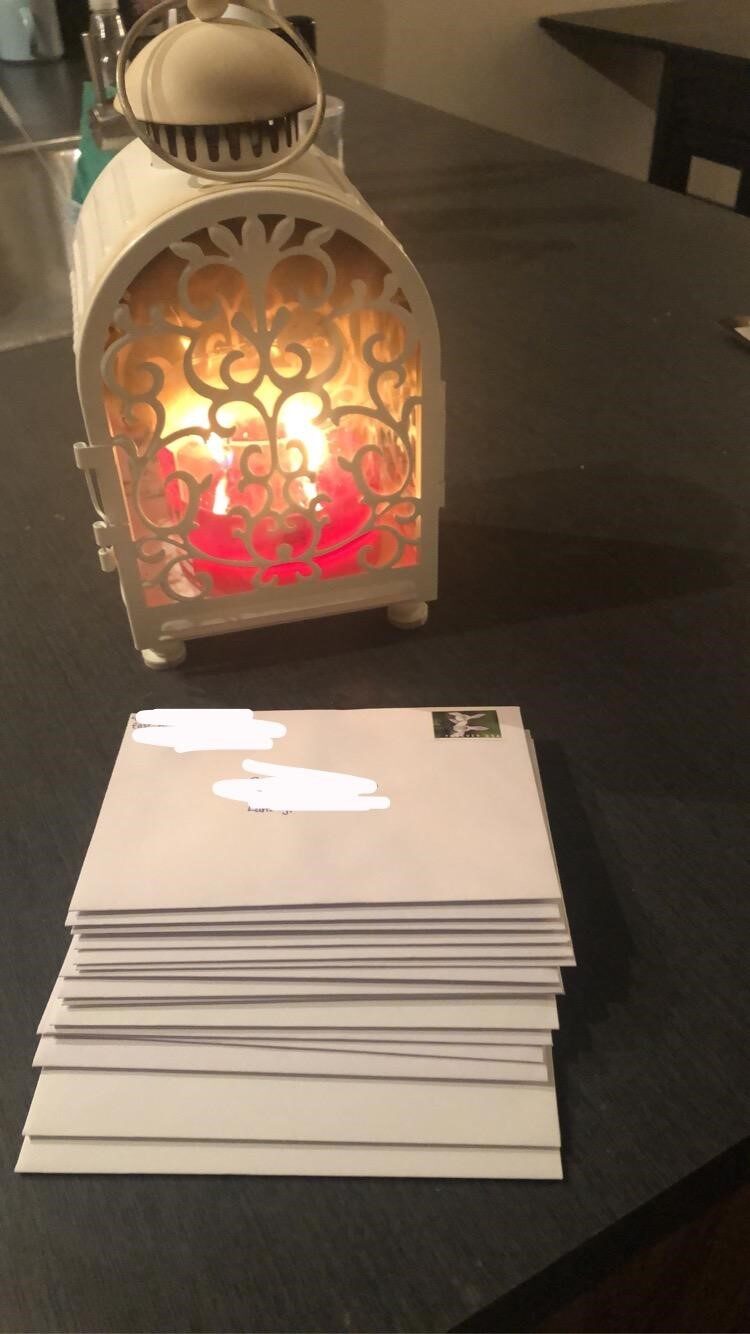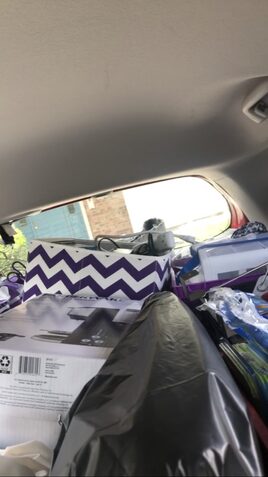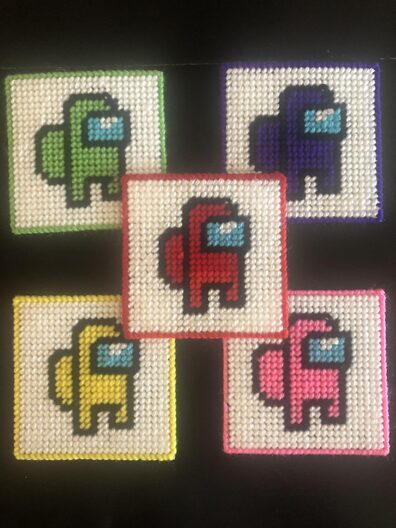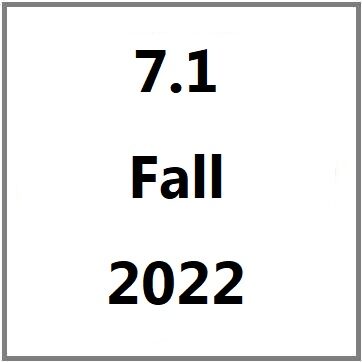Survival and Surviving the Certain Uncertainties
Bethany Meadows
Keywords: queer, disability, uncertainty
Categories: Queer Intimacies and Radical Kinship During Isolation; Disability, Illness, and Survival (When the World Doesn’t Want You To); Writing the Process of Writing
Sometimes, I Write[1] for survival, for sustaining myself. This Writing is a form of caring for myself in a world that wants to forget my queer, disabled bodymind.
Sometimes, I write[2] for surviving, for sustaining others and our shared dreams. This is care for each other when we all are separated, together.
Sometimes, it’s a both-and, everything in-between being alive and living.
Survival is in-between panic and giving up, it is both nourishing the soul and doing the bare minimum for protection of self and others, encapsulating the acts of Writing that implore others not to abandon and kill us.
Survival is where I stand at the edge of memorializing the lives left behind and those never to arrive. Survival is Writing to and about those with power even while knowing systemic change is too slow to make a difference right now; it is Writing that takes stock of ways things have been so hopefully they won’t always have to be; it is Writing that uses words to cement thoughts, feelings, and ideas.
~~~

It’s eight months into the pandemic, and I am diagnosed with another chronic condition—this time an autoimmune disease. A month later, it led to a secondary infection shortly after. I now cower in pain under a black and white comforter that had seen better days with its fraying strands coming loose from the seams. I wait.
Wait for the doctor to remember we have a phone appointment. Wait for them to remember I’m dying. Wait for them to do something to help my survival. Another wave of pain begins to simmer in my abdomen, and I write on a ripped index card to my partner: “If they call, answer for me.” This is a simple act of writing, but it’s one that allowed my partner to help me in the face of doctors’ negligence. They call, and I’m crying and silently screaming.
I’m finally able to speak with them, and I mute to ask my partner to take notes about what they’re saying and doing. I grit my teeth and explain my symptoms yet again, and the physician’s assistant finally prescribes treatment for my secondary infection that I’ve had for a week now. She makes an off-hand comment about how I could have died and they had “no idea” it was this serious, even though I told many medical professionals multiple times something was very wrong. Those notes my partner took were survival Writings. They are carework. To this day, they are still tucked away in a folder in case I ever want to pursue legal action.

It’s twelve months into the pandemic, and my university wants to force us back into the classroom. I begin to Write a letter detailing why that decision is unethical and will kill people. This Writing implores those in power to not leave us (particularly disabled folks and children who can’t be vaccinated as well as everyone who could get COVID and/or long COVID) behind. I refuse to go silently with an institution that wants money rather than survival.
~~~
Surviving is living in the certain uncertainties where the only guarantee is nebulousness. It’s both sustaining ourselves and others. It’s both physical proximity and emotional closeness. It’s the acts of writing that may not usually be considered Writing by institutions and society.
Surviving is an amalgamation of loss and discovery. Surviving is reflected by the magic eight ball that told me to move to a new state, mid-pandemic to start a PhD; it is embodied by the packing tape sealing boxes I shoved into my car as I left all my loved ones; it is woven by the yarn within plastic canvas to make coasters for friends across the country.
 One month into the pandemic—yes, this is a time jump from previous examples because all that has happened, regardless of when, still influences me similarly now—I begin biweekly virtual game nights. People pop up one-by-one on the Zoom screen across many time zones. Some are crammed on a couch together; some use an avatar as their way to be present; some are sending well wishes via text wishing they could make it. Even though we are in our respective places far apart, for these brief moments we are together. Traditionally, Writing is a way to communicate with one another, and this is a modified form of that same tradition—we find a way to do this Writing that allows us to be emotionally close in a time where physical proximity and a pandemic rip us apart. We offer comfort, support, laughing, and distraction for one another. It’s not about whether we play Catch Phrase, Jackbox, or Among Us. It’s about reminding each other that writing, in this way, is a form of carework through communal support.
One month into the pandemic—yes, this is a time jump from previous examples because all that has happened, regardless of when, still influences me similarly now—I begin biweekly virtual game nights. People pop up one-by-one on the Zoom screen across many time zones. Some are crammed on a couch together; some use an avatar as their way to be present; some are sending well wishes via text wishing they could make it. Even though we are in our respective places far apart, for these brief moments we are together. Traditionally, Writing is a way to communicate with one another, and this is a modified form of that same tradition—we find a way to do this Writing that allows us to be emotionally close in a time where physical proximity and a pandemic rip us apart. We offer comfort, support, laughing, and distraction for one another. It’s not about whether we play Catch Phrase, Jackbox, or Among Us. It’s about reminding each other that writing, in this way, is a form of carework through communal support.
That writing and carework take other forms of communal support too—holding an iPhone close to your body at all times in case an assault survivor calls or texts the hotline; making memes to cope with the reality that the world was never “normal” and it sure as hell isn’t going back to that mythical idea; creating and trading through Animal Crossing; scampering to the store to get someone medicine and food.
~~~
This is a time where I balance the idea of who I could have been if I didn’t have to leave and who I am as the person who did leave. This is a time where I no longer Write for the academy that was never going to save me. This is a time where writing and Writing exist where my humanity resides—hugging loved ones tightly; Writing survival artifacts; laughing with friends. All of this is survival and surviving in a time of uncertain certainties, but I am certain that we have each other.
[1] Capital-W Writing refers to the tasks traditionally thought of as “writing” by social and institutional expectations.
[2] Lowercase-w writing refers to acts of untraditional writing and carework that haven’t traditionally always been considered capital-W Writing by society and institutions.
Bio
Bethany (she/her) is a PhD student at Michigan State University. She studies feminisms and sexual violence rhetoric. Recently, in her scholarship, she’s been publishing work about sexual violence in various higher education environments as well as work related to being a white, queer, disabled person in academia. Outside of academic work, Bethany enjoys playing board and video games and attending live music.
